A cryopreservation technique puts graft tissue into a glass-like state, preserving cells and viability during long-term storage.
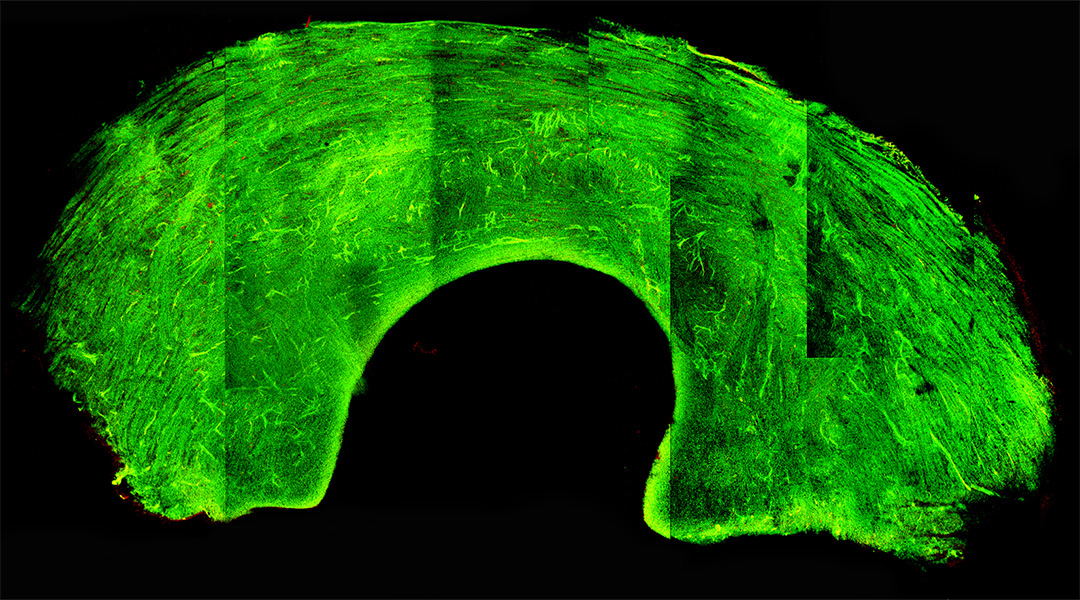

A cryopreservation technique puts graft tissue into a glass-like state, preserving cells and viability during long-term storage.
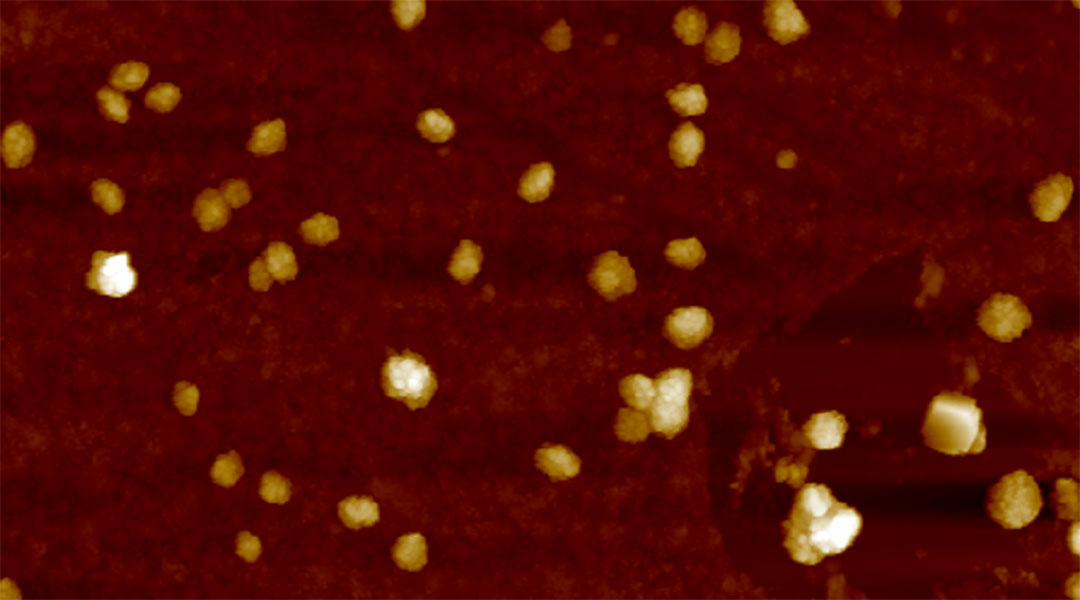
Peptide-laden vesicles light up in the presence of amyloid beta, providing an early diagnostic test (and possible treatment) for Alzheimer’s.
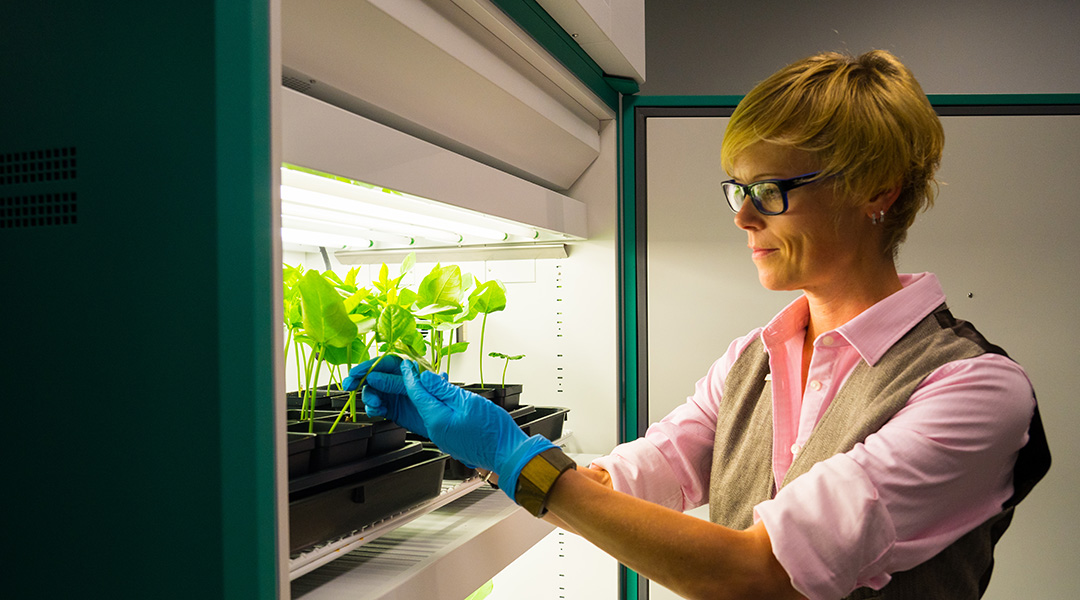
Plant-based virus stimulates the body’s immune response to fight off established and budding cancer metastases.
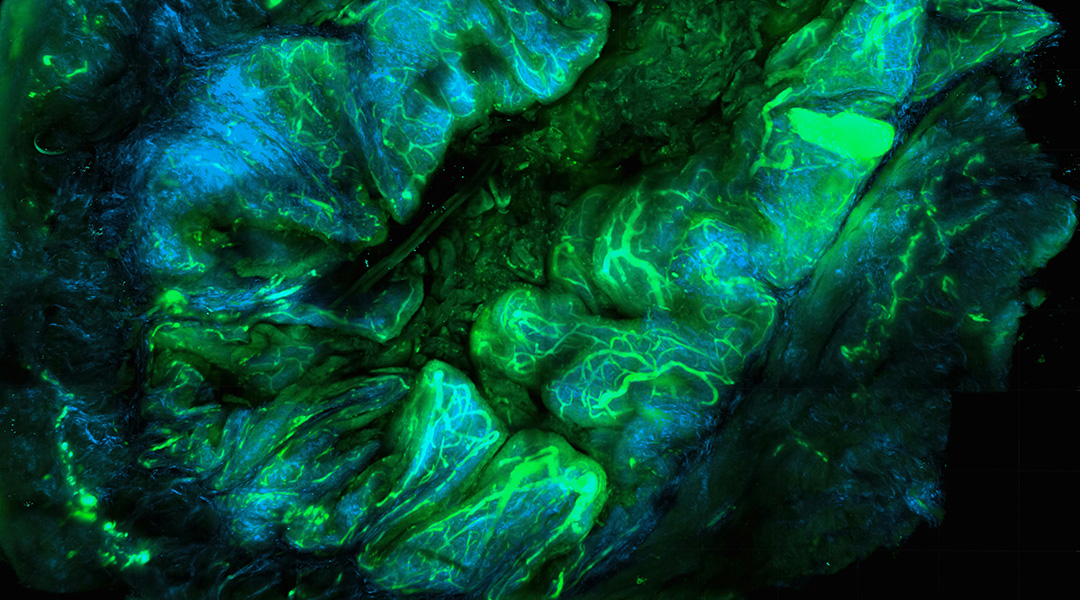
New probe system offers real-time protein mapping within living cells, unlocking insights into cellular function and disease mechanisms.
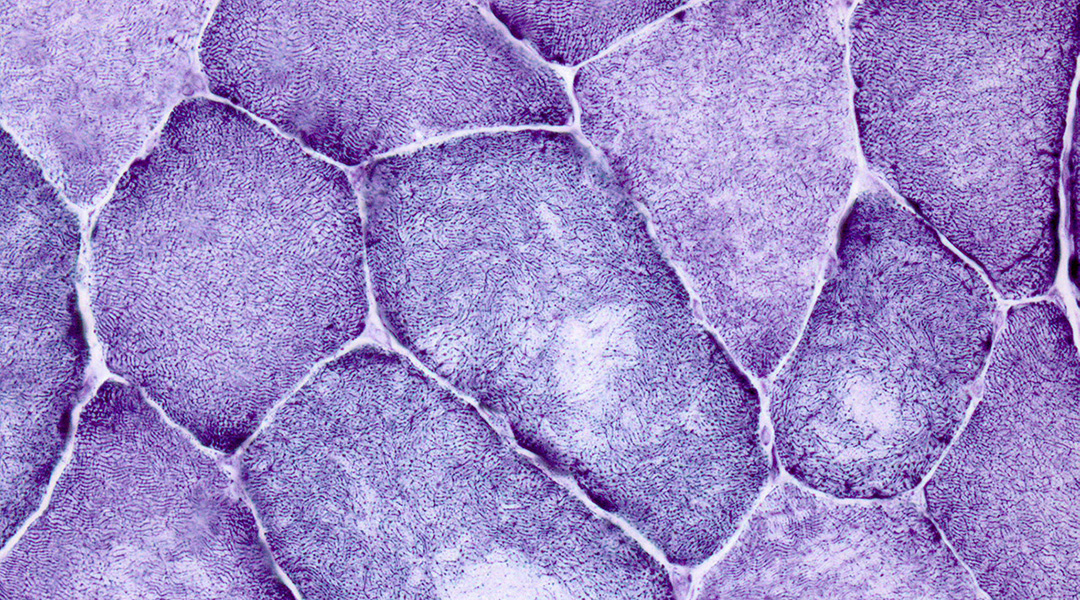
Understanding how muscular atrophy occurs on the cellular level could help researchers identify new drugs to treat the condition.

A new study finds that amyloid beta, a culprit in Alzheimer’s disease, is important for maintaining a healthy liver.
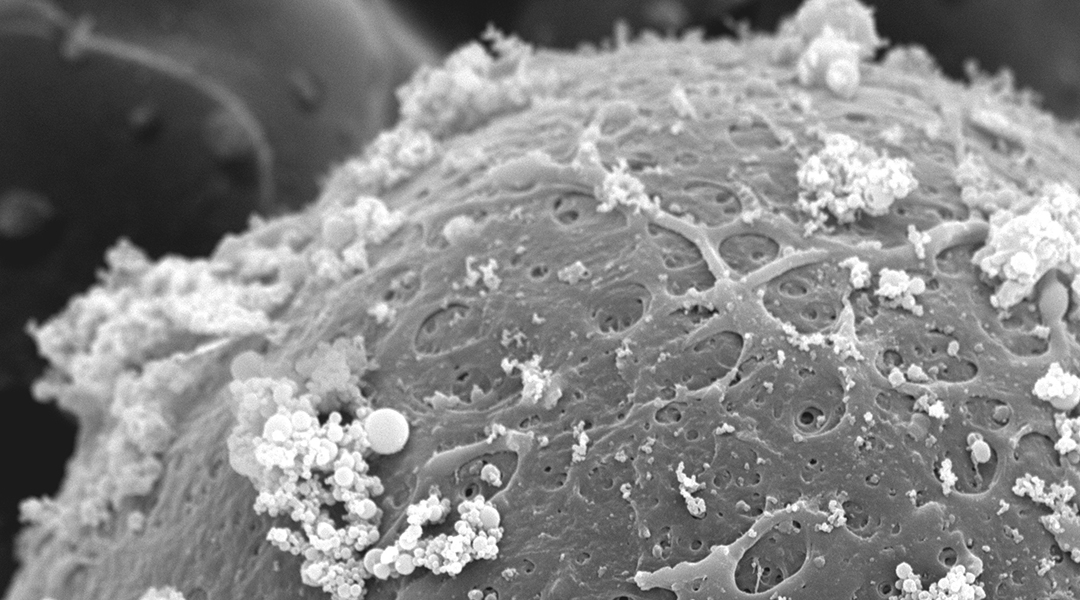
A unique approach to the remote control of embryos in lab setups could transform what is possible with fertility treatments and IVF.

Study finds patients with high risk factors for cardiovascular disease may benefit from preemptive use of specific probiotics.

The active structure of an oral macrocyclic drug has eluded scientists for years despite its widespread clinical use—that is, until now.
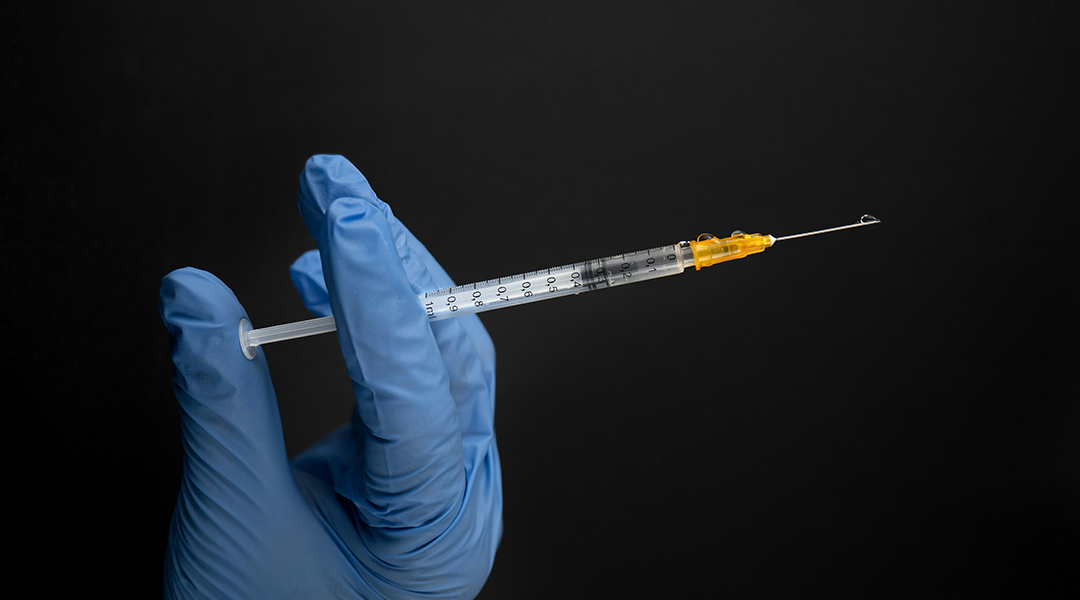
Hydrogel-based microspheres better control the release of drugs, providing better post-op pain relief and fewer side effects.